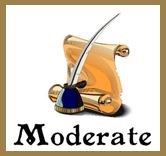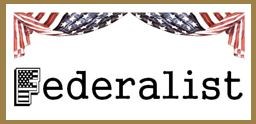Last updated: September 21, 2020
Article
Whiskey Rebellion: Answers to Question 3.

(National Park Service)
If you answered:
A). Repeal the law. It’s unjust. That was the Moderate opinion.
B). Send in the marshal. Let’s enforce the payment of the tax. That was the Federalist opinion.
C). Nothing. We’re glad it’s not collected! That was the Rebel opinion.

The rebels’ violent actions against tax collectors had worked. No one would collect the tax. To help channel the common-man’s frustration and rage, the moderates worked with the locals to form “democratic societies” with the goal of directing the unrest into non-violent action. One, the Mingo Creek Association, became controlled by hotheads and fanatics, who pushed it to become more radical. It took over the militia and set up an extra-legal court.

The moderates were trying to manage the grass-roots rebellion.
The whiskey law was revised again in June of 1794 and including two desired changes. Small distillers could now save money by registering their stills for shorter periods of time. Additionally, accused violator of the tax no longer need to travel hundreds of miles go to court. If there was no federal court with within 50 miles, the case could be tried in a local state court.

At the beginning of 1794 Neville renewed his effort to collect the tax. That spring rebel violence in western Pennsylvania increased.
Things were getting out of hand. Just one week before the new law went into effect (and cases could be heard in local courts), sixty-one farmers in western Pennsylvania were charged with not registering their stills. The federal marshal, David Lenox, rode across the state to give the farmers papers telling them they were summoned to court in Philadelphia.
